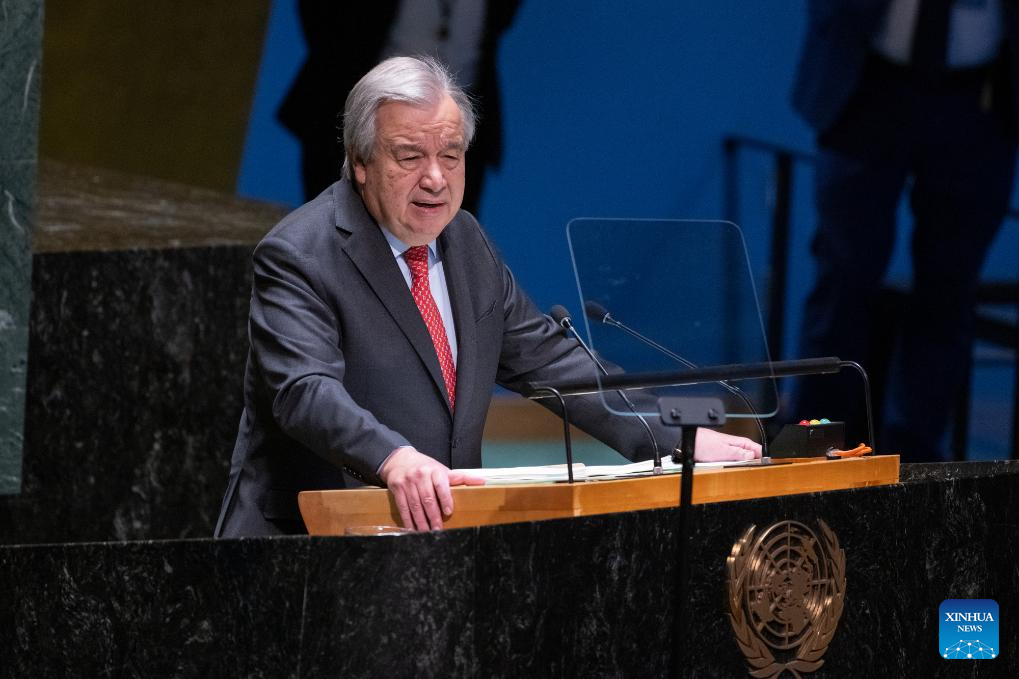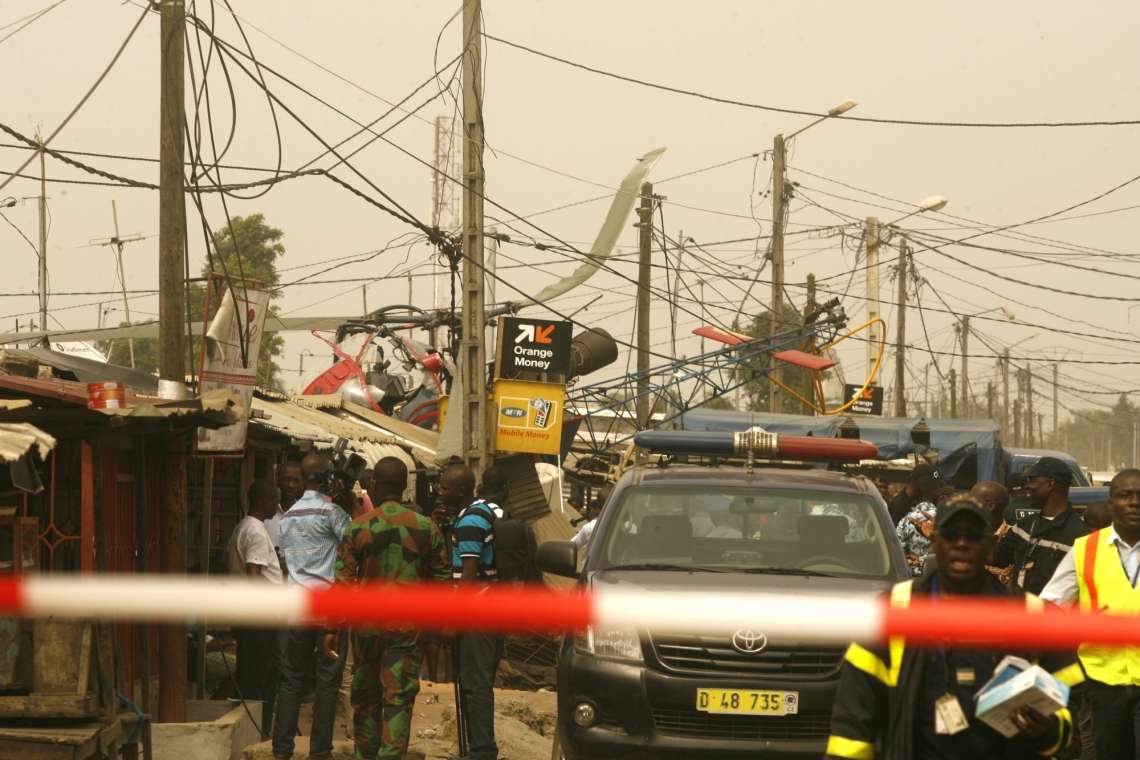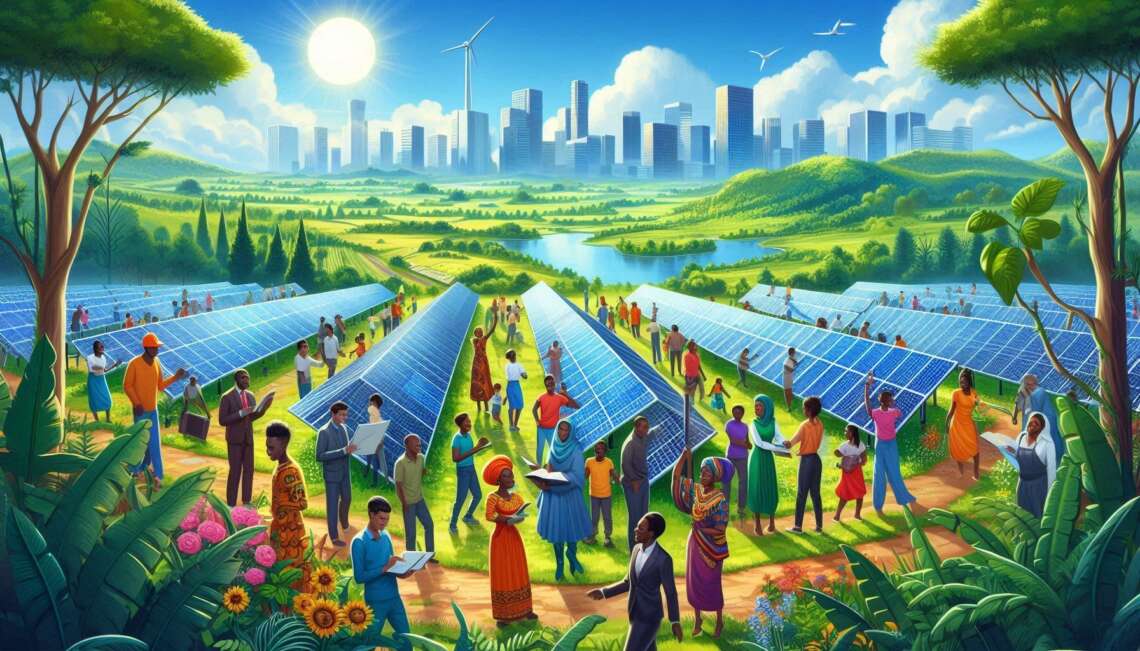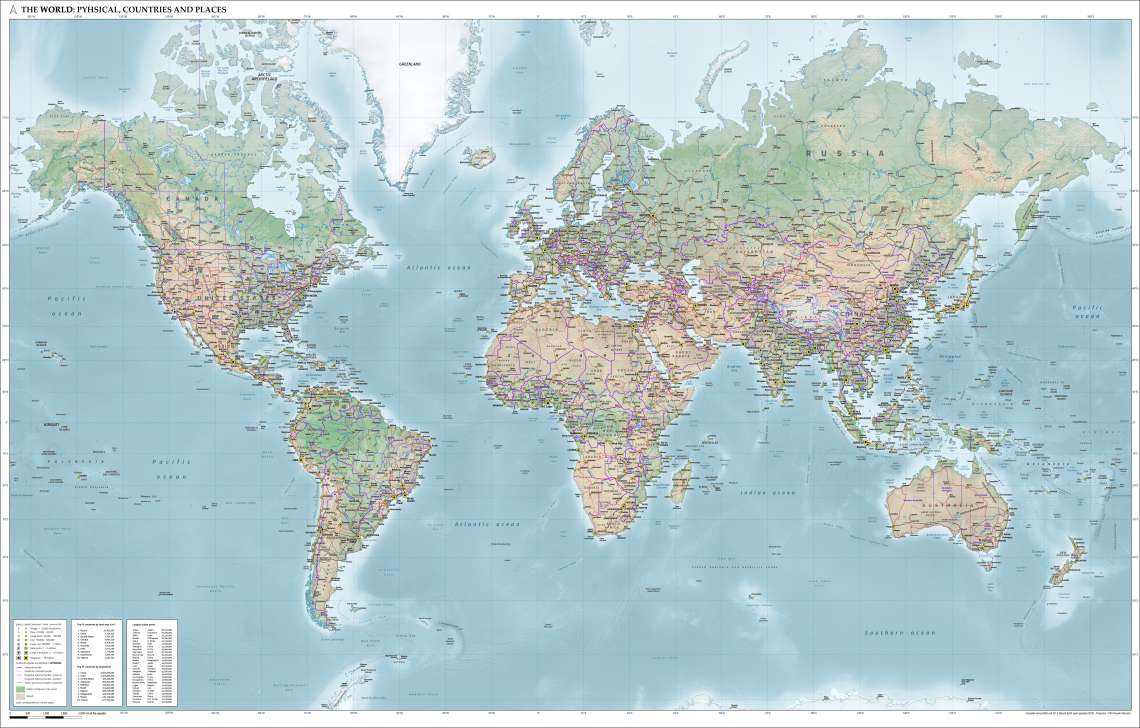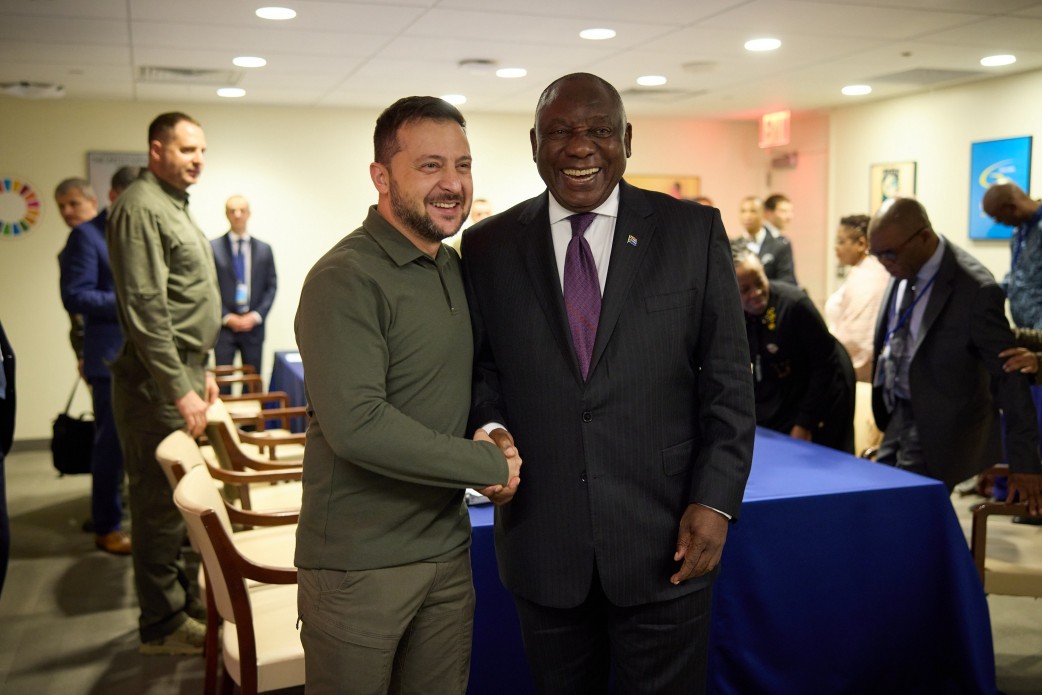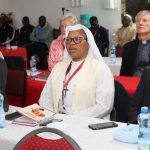Speaking at the Tokyo International Conference on African Development (TICAD) on Thursday, Guterres pressed for greater flows of finance and technology to help African nations unlock their vast renewable resources…reports Asian Lite News
United Nations Secretary-General Antonio Guterres has urged governments and investors to back Africa’s clean energy transformation, declaring that the continent possesses “everything it takes” to become a renewable superpower.
Speaking at the Tokyo International Conference on African Development (TICAD) on Thursday, Guterres pressed for greater flows of finance and technology to help African nations unlock their vast renewable resources. The three-day summit, held in the Japanese port city of Yokohama, has brought together African leaders and Japanese officials as Tokyo seeks to present itself as an alternative partner to Beijing in the region.
“Africa has all it needs to lead the renewable revolution, from solar and wind to the critical minerals that power new technologies,” Guterres said. “We must mobilise finance and technology so that Africa’s natural wealth benefits its people. By building a thriving renewables and manufacturing base, we can lower energy costs, diversify supply chains and accelerate global decarbonisation.”
TICAD, launched in the early 1990s, has become one of the key platforms for dialogue between Japan and Africa. This year’s meeting has gained added importance amid growing financial strain across African economies, many of which are battling a mounting debt crisis, weaker Western aid flows and the worsening effects of climate change.
In his opening remarks on Wednesday, Japan’s prime minister, Shigeru Ishiba, announced a plan to train 30,000 Africans in artificial intelligence over the next three years and pledged to explore the creation of a Japan–Africa economic partnership. He also outlined a new vision for a distribution network linking African nations with the Indian Ocean region, a move widely viewed as part of Japan’s strategy to counterbalance China’s influence.
Tokyo’s overtures come at a time when Beijing’s once-lavish lending to Africa has slowed. Over the past decade, China’s Belt and Road Initiative funnelled hundreds of billions of dollars into African infrastructure projects, including ports, railways and highways. Yet analysts note that new commitments are now drying up, leaving countries struggling with what the Lowy Institute described in May as a “tidal wave of debt” owed to both Chinese lenders and international creditors.
For Guterres, the risk is that debt will smother rather than stimulate Africa’s development. “Debt must not drown development,” he warned in Yokohama, adding that Africa needed access to more concessional finance and an expanded role for multilateral development banks in easing the burden.
African governments have also been hit by reduced Western aid, with particular cuts linked to the Trump administration’s dismantling of the US Agency for International Development (USAID). The tightening financial squeeze has left many dependent on costly private borrowing, even as they confront climate shocks, food insecurity and conflict.
Guterres stressed that the answer lay not in austerity but in bold investment in sustainable solutions. “Africa has an abundance of renewable potential,” he said. “Harnessing it will not only serve Africans but also the world by speeding the global transition away from fossil fuels.”
Among those attending TICAD were Nigerian president Bola Tinubu, South African president Cyril Ramaphosa and Kenyan president William Ruto. Each used the platform to highlight opportunities for partnerships that move beyond traditional aid.
Ramaphosa posted on X, formerly Twitter, that South Africa welcomed “a new paradigm of investment cooperation” with Japan. Tinubu echoed the sentiment, calling for relationships that stimulate industry and job creation rather than dependency.
Kenya’s William Ruto revealed that his government was in advanced discussions with Japanese carmaker Toyota over the supply of 5,000 electric vehicles. He described the talks as part of Kenya’s “commitment to clean energy and e-mobility solutions,” underscoring how climate goals are increasingly shaping economic decisions across the continent.
Energy experts have long pointed out that Africa’s geographic position and natural resources give it a unique opportunity to leapfrog fossil fuel dependency. Vast stretches of desert and savannah offer some of the best solar radiation levels on earth, while coastal winds and untapped hydropower reserves add to the mix. The continent is also rich in critical minerals such as cobalt, lithium and rare earths, which are essential for manufacturing batteries, electric vehicles and renewable technologies.
Yet despite this promise, Africa still accounts for only a fraction of global investment in green energy. According to the International Energy Agency, the continent attracts less than 3 per cent of global energy spending, with most projects concentrated in a handful of countries. Unlocking broader access, analysts argue, will require not only concessional loans but also reforms to attract private investors, robust regulatory frameworks and cross-border energy integration.
For Japan, which has seen its influence in Africa overshadowed by China in recent years, TICAD offers a chance to reposition itself as a trusted and long-term partner. Ishiba’s pledge to train tens of thousands in AI reflects a push to build capacity in future-facing industries, while the proposed distribution network signals Tokyo’s intent to strengthen supply chains that connect Africa to Asia.
Observers say Japan’s advantage lies in its reputation for high-quality infrastructure and its emphasis on transparency and rule of law in financing arrangements. Whether this will be enough to compete with China’s established presence remains to be seen.
As Guterres framed it, the choice for Africa and its partners is stark: allow debt and underinvestment to choke progress, or channel resources into a renewable transformation that could make the continent central to the global green economy.
“Africa has the potential not just to meet its own energy needs but to drive the clean energy revolution worldwide,” he said. “What is required now is political will, international solidarity and bold investment in the future.”


